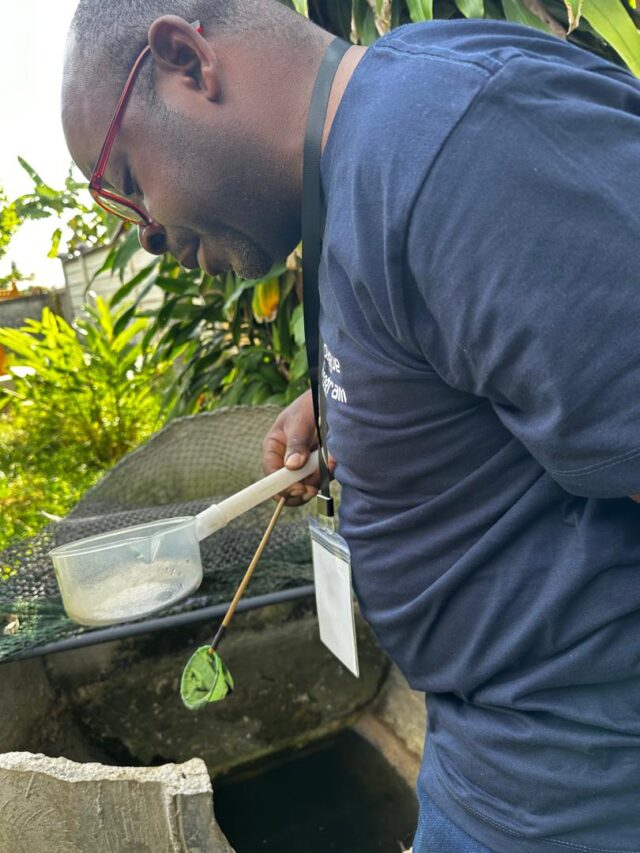
Dr Basile Kamgang
RAFT is a six-year multi-disciplinary global health research programme led by the London School of Hygiene & Tropical Medicine (LSHTM) working with partners in Cote d’Ivoire, Cameroon, Tanzania and Thailand and the UK.
The aim of RAFT research is to support evidence-based decision-making in policy and practice to improve the effectiveness and cost-effectiveness of Vector-borne disease control programmes in Africa and South East Asia, and to reduce morbidity and mortality especially in high burden settings. The research is focused around two workstreams:
The RAFT Project (2020–2026):
- Workstream 1: Current threats – how to ensure more cost-effective deployment of malaria vector control interventions in high-burden areas. RAFT focuses on the provision of evidence to guide product (Long Lasting Insecticidal Nets (LLINs) and Indoor Residual Spraying (IRS)) choice decisions that take account of both the diverse range of products available and the complex geographical variation in types of resistance, focusing on securing best value for money
- Workstream 2: Emerging and future threats – RAFT is producing/synthesising evidence on the effect of development related trends (including, urbanisation, rural land-use change, and globalisation) on the risk of mosquito-borne disease, to support decision-makers to anticipate and plan appropriate responses/mediating actions
The Resilience Against Future Threats through Vector Control project is funded by UK International Development from the UK Government, to the amount of £7.8 million. The team at CRID working on the project includes: Prof Charles Wondji, Country lead of the project; Dr Basile Kamgang, Country lead – Work stream 2; and Dr Yvan Fotso, Country lead – Work stream 1.






